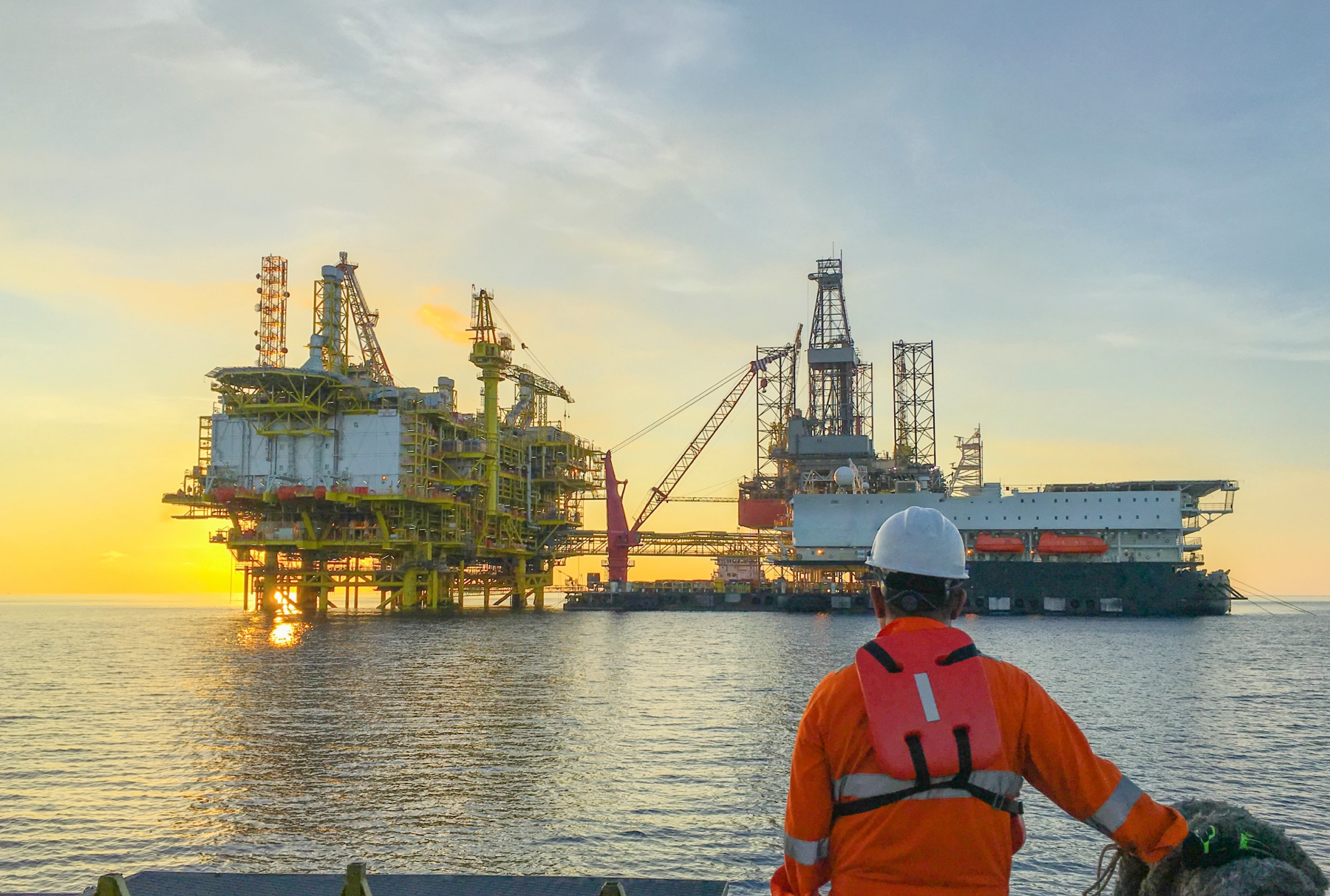Clean North Sea Shipping
Reducing air pollution and greenhouse gas emission from shipping.
Project leader
Dr Alan J Murphy
Dates
December 2011 to December 2013
Project staff
Dr Kayvan Pazouki
Miss Melanie Landmore
Sponsors
INTERREG IVB North Sea Region Programme. Beneficiaries: Hordaland County Council (NO), Newcastle University (UK), Free and Hanseatic City of Hamburg (DE), Port of Antwerp (BE), Shipbuilders and Shiprepairers Association (UK), BKK (NO), Institute of Coasta
Partners
Hordaland County Council (Norway)
Description
Sea shipping is one of the most environmentally-friendly modes of transport. In terms of transport effort per unit impact.
But sea shipping makes a significant contribution to air pollution. It emits Oxides of Nitogen (NOX) and Sulphur (SOX) as well as Particulate Matter (PM).
Furthermore, there is a requirement for increased transportation by sea. But there is a conflict between this economic interest and the public. T
he public are increasingly concerned about environmental and health issues. This contradiction is particularly evident in ports and regional shipping areas. Located close to urban districts.
The project develops efficient and effective technological and logistic solutions. This creates transparent and cost effective solutions. It facilitates a sustainable enlargement of regional shipping and associated infrastructure. At the same time it introduces successful air quality improvement programmes.
The project is taking a holistic approach by considering the following:
- Ships
- Ports
- Energy infrastructure
- Regulatory and incentive schemes
- Regional planning
It includes contributing partners representing all major stakeholders:
- Ports
- Businesses
- Public authorities
- NGOs
- Research institutes
- Universities
Project Objectives
To make efforts on reduction of air pollution and greenhouse gas emission from shipping through research and application of available and new technologies, methods and infrastructure that result in cost-effective and cleaner energy supply and usage for ships and vessels operating in the North Sea region and associated harbours.
Project Outcomes
- To inform regional policy building - promote “clean shipping” Technology.
- To provide input to the implementation of EU, national and regional regulations.
- The promotion and implementation of Environmental Ship Index and incentives for “Clean Shipping Technology”.
